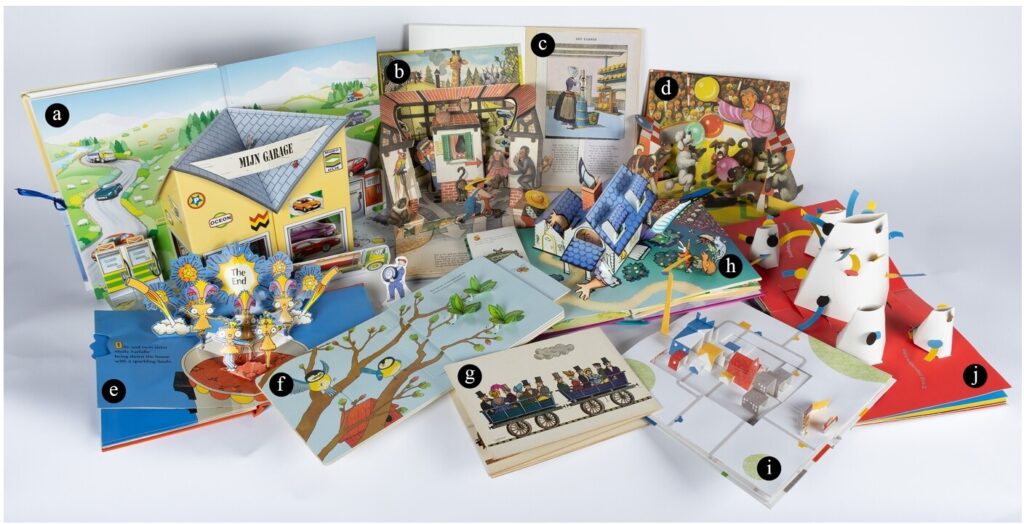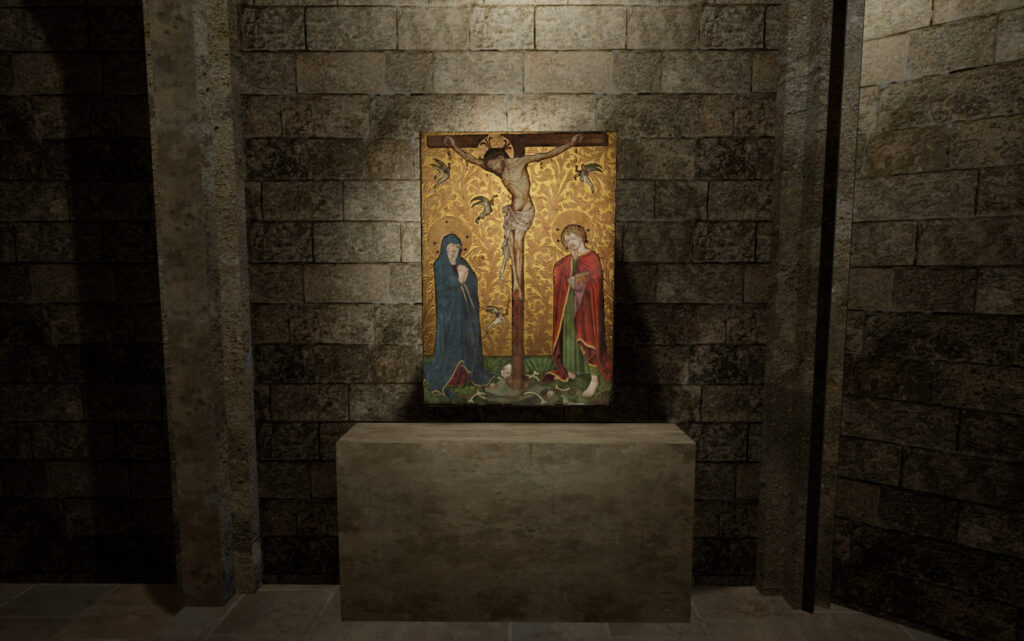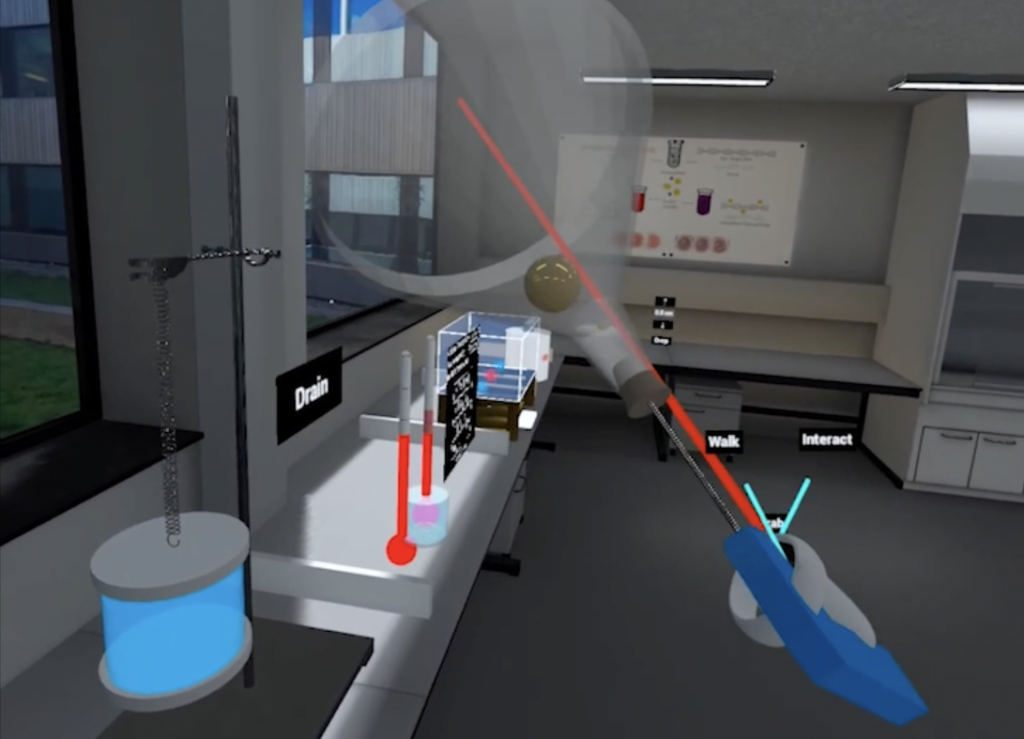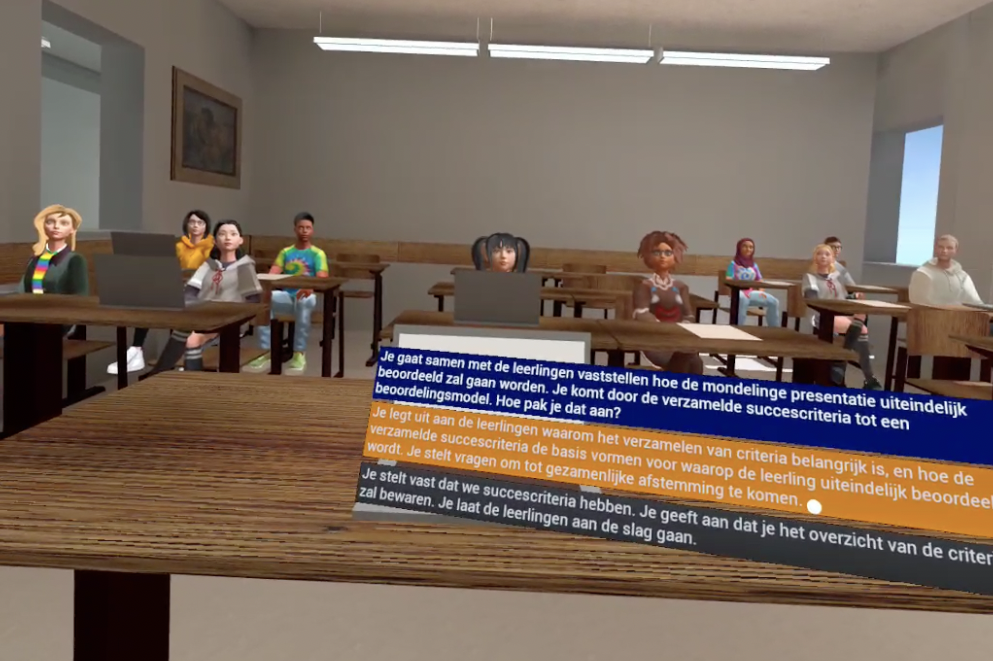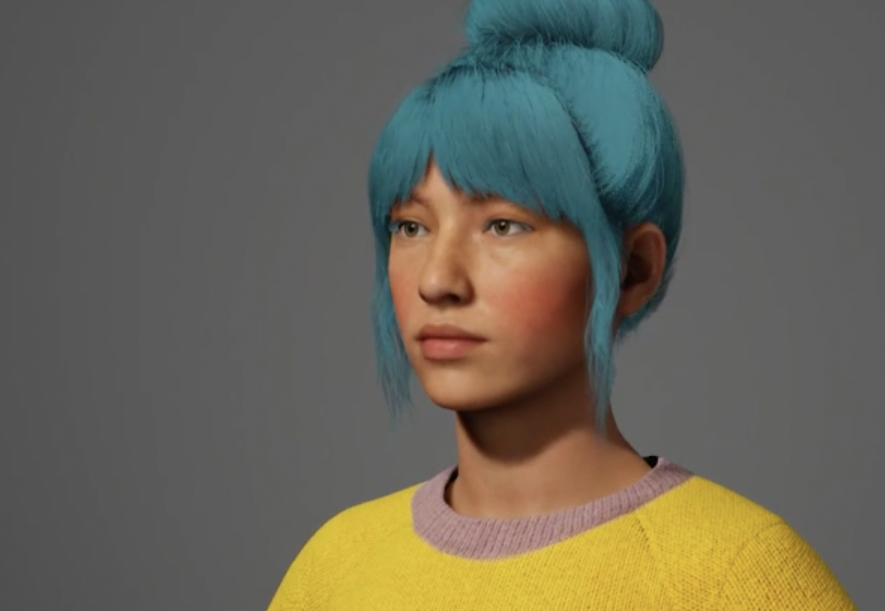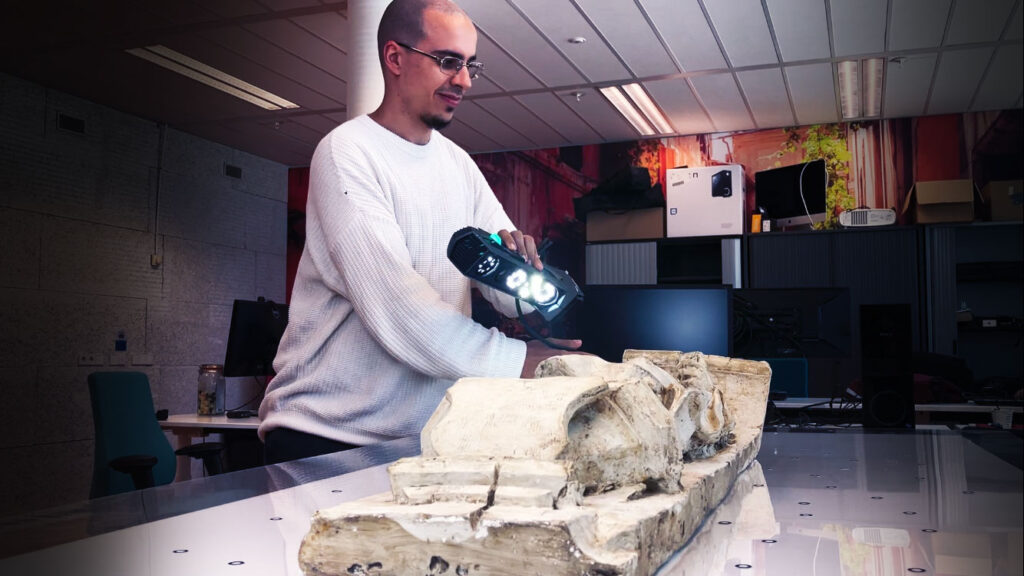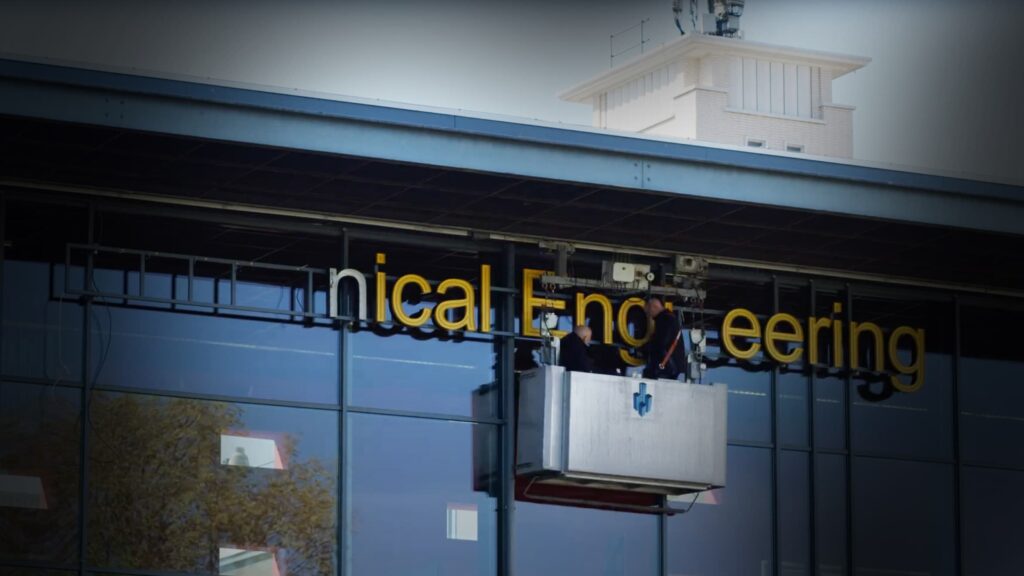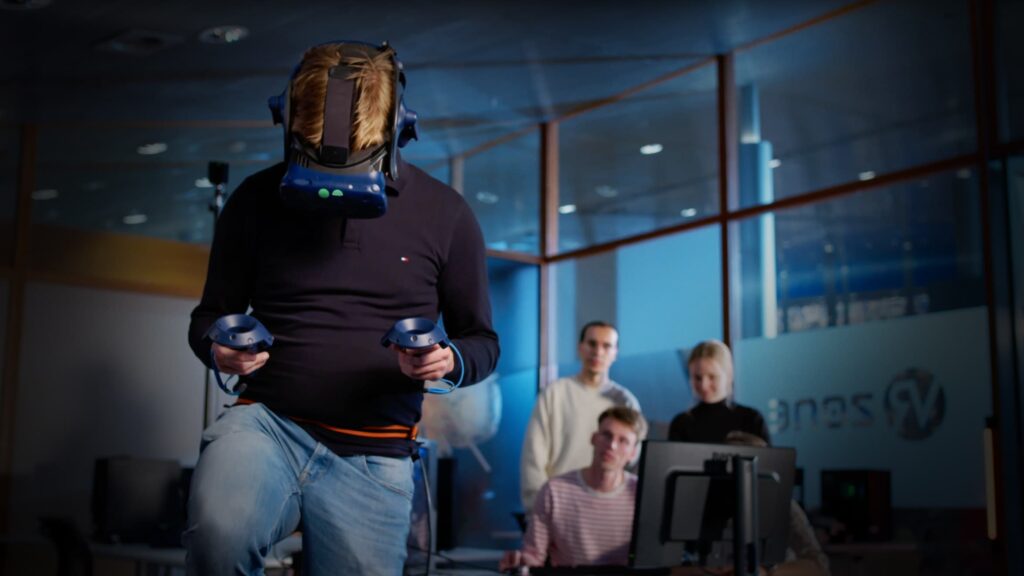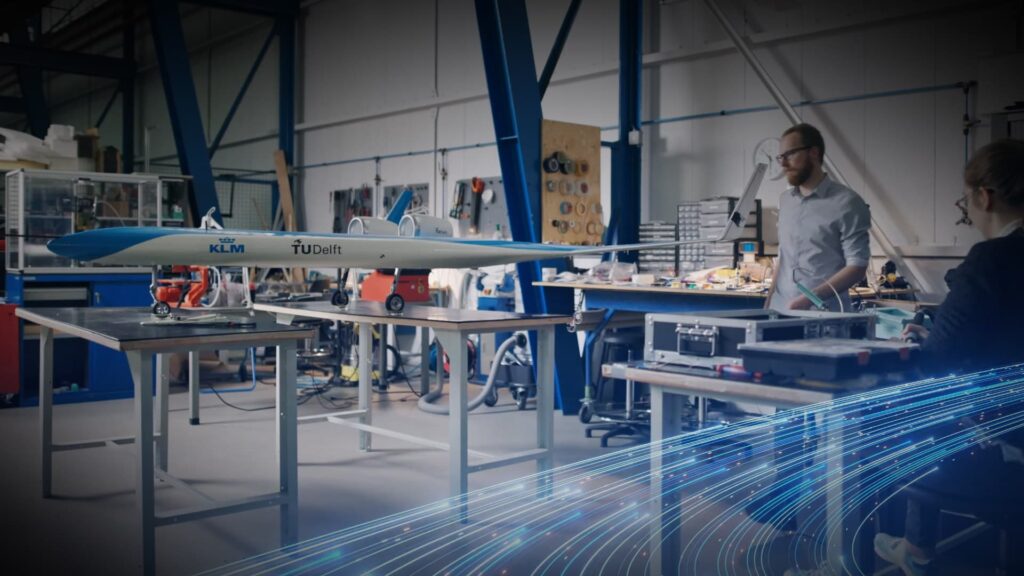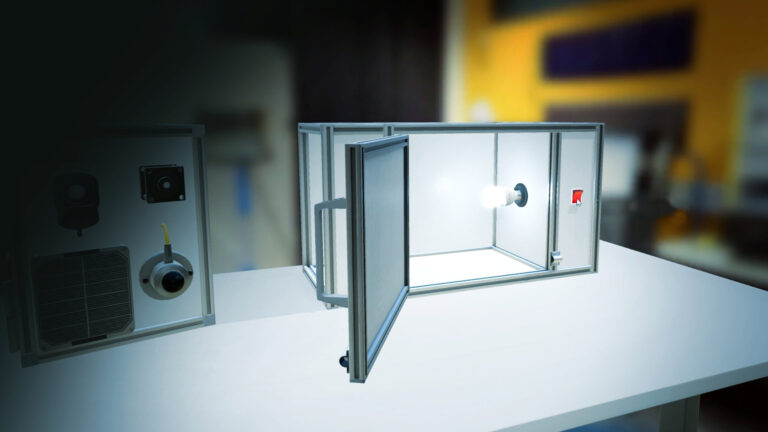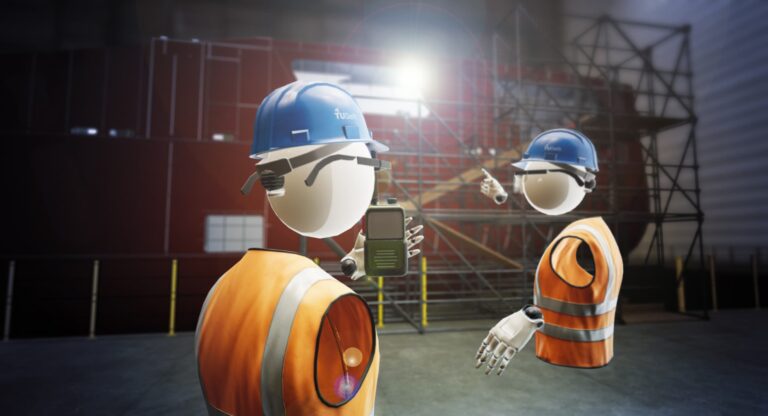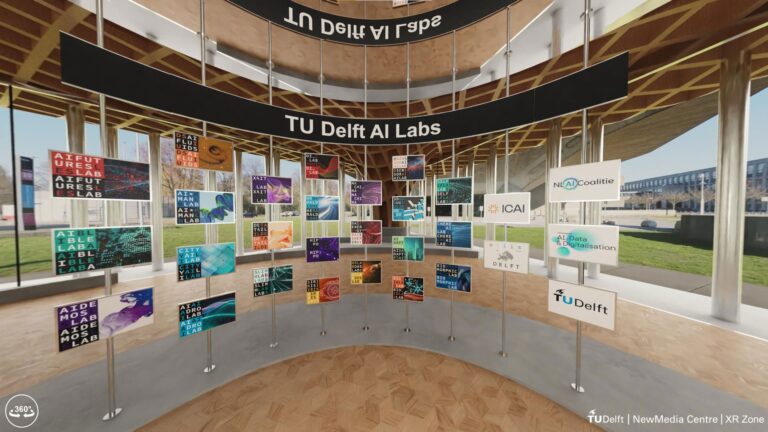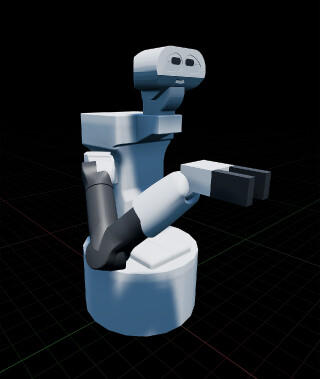
Supermarket Robot: Designing Socially Embedded Service Robots in Virtual Reality
What happens when a robot helps you shop? This question shaped a groundbreaking project led by Dr. Marco Rozendaal, where VR simulations in a supermarket explored how people and robots interact in public spaces. By blending design, theatre, and puppeteering, the research revealed how robots can earn trust and acceptance—not through perfect programming, but by designing behaviors that feel meaningful and socially appropriate.



